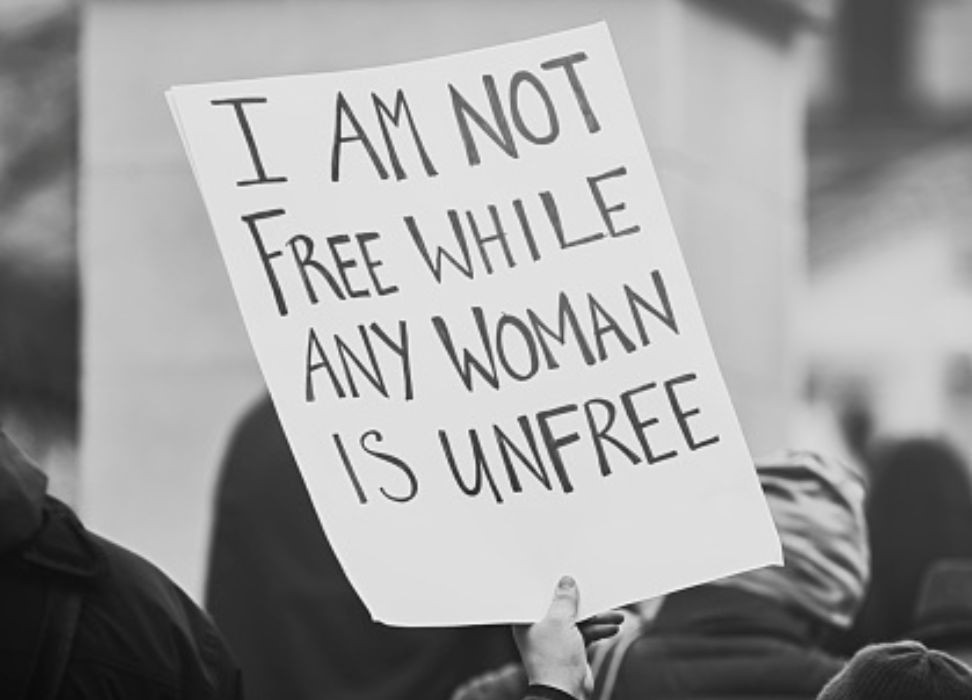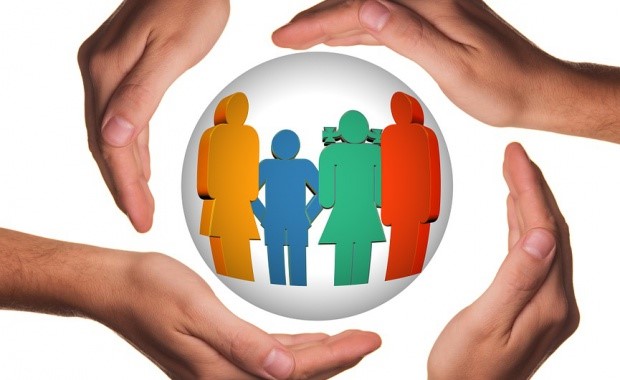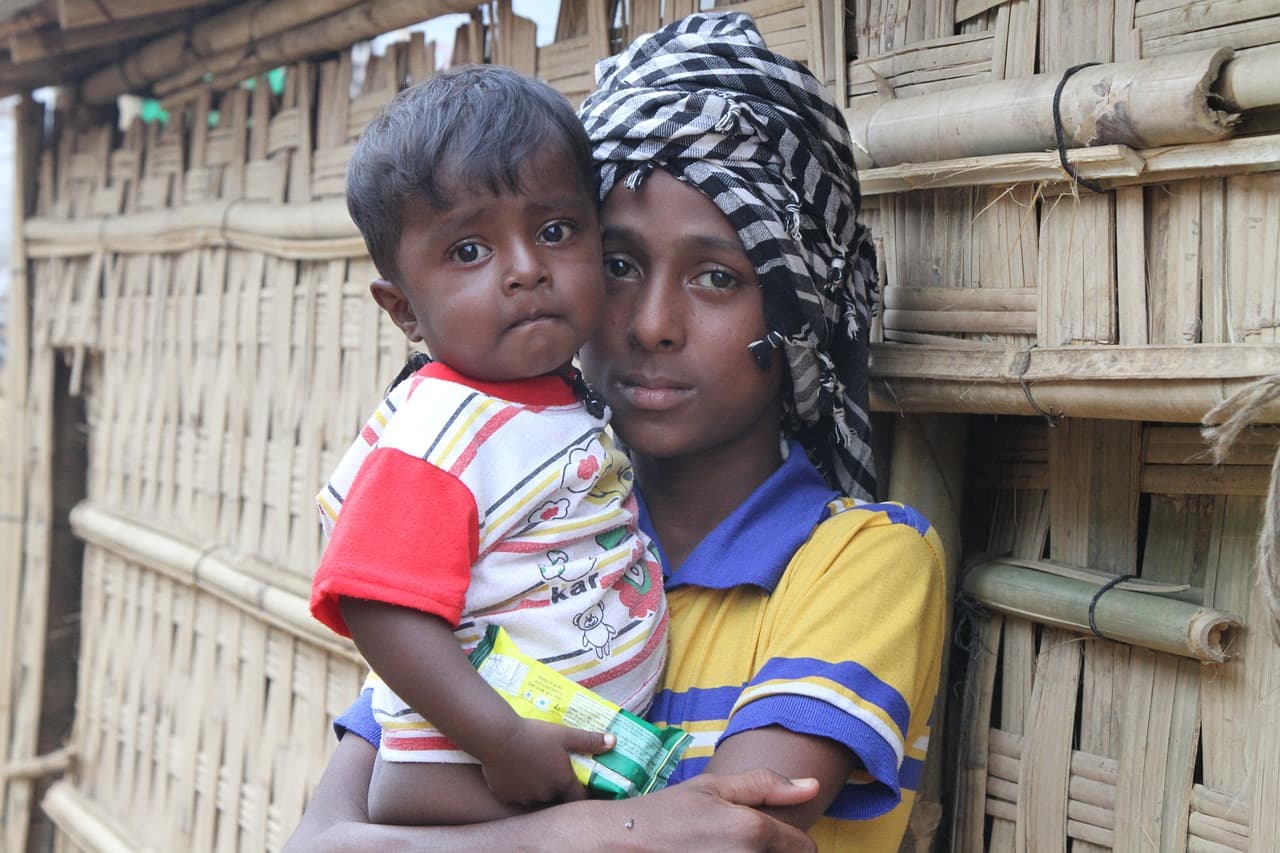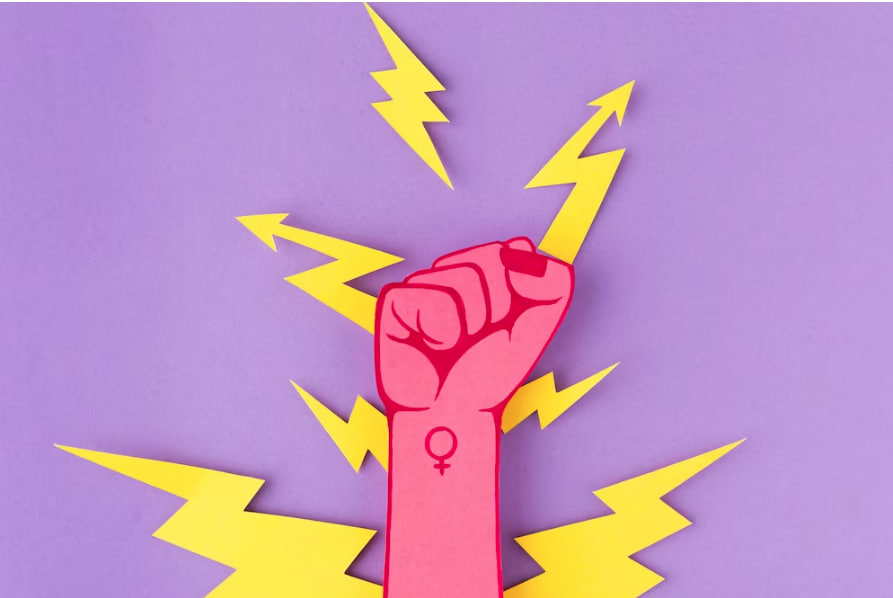Aneta Jenova does not consider herself a human rights activist.
“I think my role is to listen to people and understand how I can help someone in an extremely vulnerable situation, what he or she needs and how the law can help protect his or her rights,” she says.
For most of her professional life, however, Jenova has fought for human rights. As a judge and lawyer, she has worked with domestic and gender violence cases, fighting for better legal help for survivors.
“I consider myself a mediator between the law and their rights, and I try to do something to improve their lives,” Jenova says.
Fighting for the rights of the most vulnerable
It was through her legal work that she saw the terrible conditions people with mental illness have to live in. In one case, she was called to see a woman who was in a mental health facility. In the course of their conversation, they talked about art and poetry, and Jenova said she was struck by the miserable existence in the dreariness and cold of someone with such a soul.
“It was unbearable to see such a gifted man in such a situation. It is an insult to the human spirit. It is utterly dishonorable to be locked up like this,” she said.

But what to do if you are trapped in your home
But what to do if you are trapped in your home or other place against your will and cannot get out, you are forcibly held back, there are several steps you can take to try to get help:
- Try to call for help: If you have a phone or other means of communication, try calling a friend, family member, or emergency services (e.g., TOP Locksmith https://emergencylocksmithvancouver.ca/) for help.
- Look for other exits: Depending on the layout of your home, there may be other exits you can use to escape, such as windows or balconies.
- Wait for help: If you cannot get out and cannot call for help, try to stay calm and wait for someone to come to your aid.
- Smashing a door or any other property in an attempt to escape could be considered vandalism or disorderly conduct and could result in criminal prosecution. It is important to try to find a peaceful and legal way out of the situation.
- However, if you are locked in your home against your will and you feel that your safety or well-being is threatened, it may be necessary to take any steps necessary to defend yourself. In such a situation, it may be appropriate to call for emergency assistance or take other actions to ensure your safety.
These are two completely different things, but unfortunately, in some countries, even if you save your life but also damage other property you may be convicted. This is wrong and these countries need to reconsider their approaches.
In any case, it is important to remember that everyone has the right to be free from physical harm, and if you are being abused or assaulted, it is important to seek help as soon as possible.
Through this epiphany, Jenova eventually began working with the nongovernmental organization Validity. For 17 years, Validity has been applying the law to bring equality, inclusion and justice to people with mental disabilities. Working in several countries in Europe and Africa, the organization has been able to win several cases on behalf of victims of torture suffering from mental disorders. Their work is supported by the UN Voluntary Fund for Victims of Torture.
As a member of the Validity team in Bulgaria, Djenova works to bring about legislative changes in the country and improve the rights of persons with mental disabilities. For example, she recently worked on a proposed bill to replace Bulgaria’s current guardianship system with assisted decision-making. The guardianship system, in which a person with a mental disorder can be placed in an institution without his or her opinion or consent, is still widespread in Bulgaria.
Bitter Victory.
Jenova has also worked on high-profile cases in which the plight of people with mental disorders and their treatment was brought to the attention of the European Court of Human Rights, including Stanev v. Bulgaria. Rusi Stanev was placed in guardianship without his knowledge and sent to an asylum for the mentally disabled in 2002. The decision to place him in guardianship effectively deprives the individual of legal personality before the law.
For ten years, Jenova represented Stanev first before national authorities and then helped take the case to the European Court of Justice. The 2012 decision in the case changed European law. For the first time, the Court found a violation of the right to freedom from torture and improper treatment in a disability case. It also led to Bulgaria’s ratification of the UN Convention on the Rights of Persons with Disabilities.
For Jenova, this victory was a bitter one. Stanev died while still in care, and despite changes in the law, fighting for the rights of those with mental disabilities remains a difficult task.

“It took many years before a victory in this case was recognized because it was not properly recognized in Bulgaria itself,” Genova says. “However, there are still changes in Bulgaria. They are very, very small, but they are there.”
Jenova believes that the space for nongovernmental organizations and other actors to discuss and advocate for mental health and disability rights can be expanded, but mainly only if more people begin to understand the harm that can be done to people placed in mental health institutions.
“Sometimes people justify what happened to the victims by saying there’s something wrong with them based on their prejudices, and that’s not true,” she says. “When people understand, they become proactive, and I can see that they begin to value human rights.”



